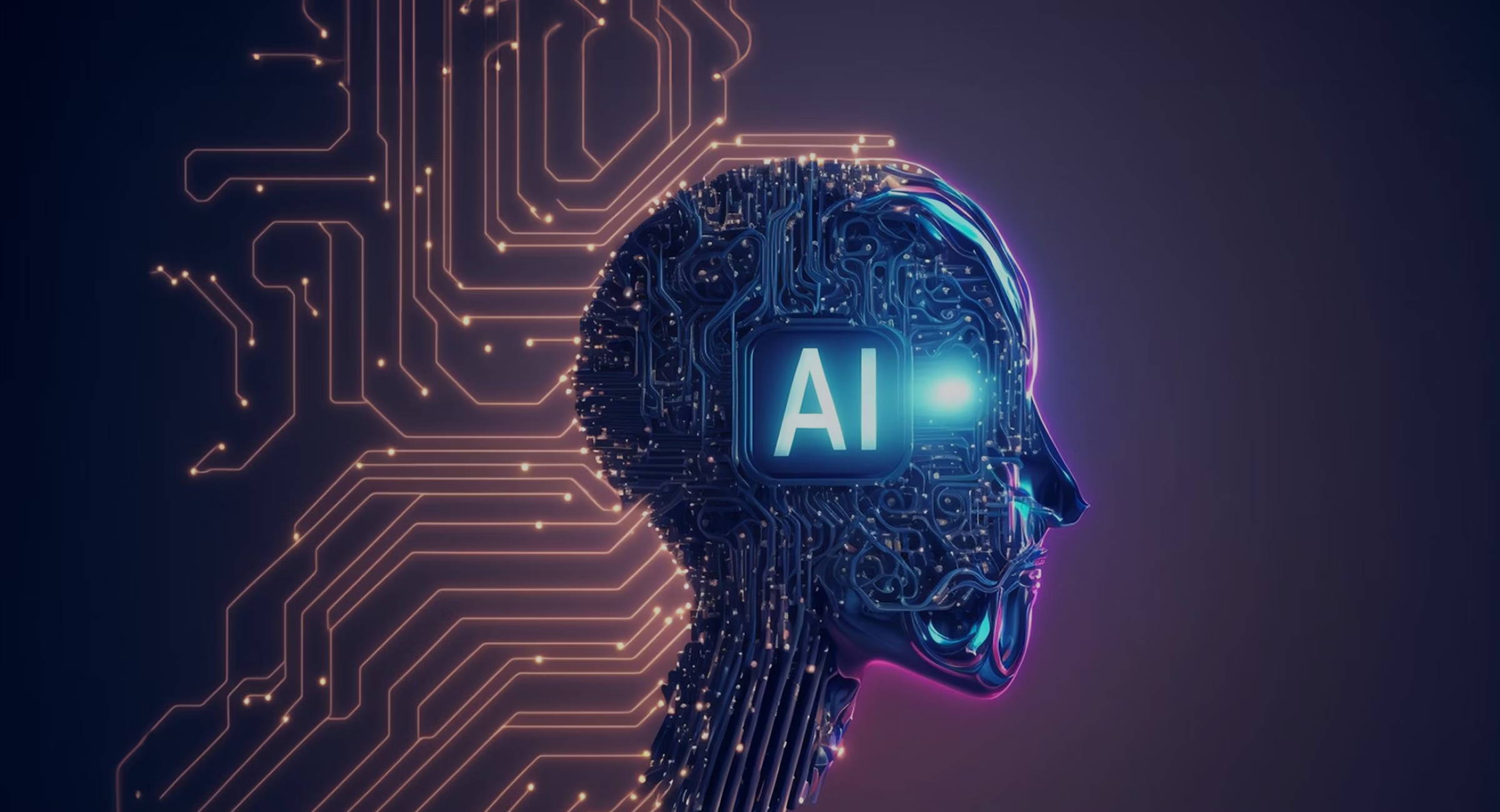
Artificial Intelligence has advanced rapidly in recent years, but the new frontier is Agentic AI—a transformative approach that enables machines not just to respond, but to act autonomously, make decisions, and collaborate intelligently. Unlike traditional AI, which often requires human instruction at every step, Agentic AI represents self-directed systems capable of achieving goals, reasoning, and adapting to changing contexts. This paradigm shift is shaping industries, organizations, and daily life.
In this article, we explore what Agentic AI is, its core capabilities, practical applications, challenges, and the immense potential it holds for the future of automation and decision-making.
What is Agentic AI?
Agentic AI refers to artificial intelligence systems that operate as autonomous agents. These systems are designed to set objectives, plan strategies, execute tasks, and refine their actions without requiring continuous human supervision. Unlike traditional rule-based automation, which follows pre-defined instructions, Agentic AI learns dynamically and adjusts in real time.
At its core, Agentic AI embodies three essential characteristics:
- Autonomy – The ability to operate independently and perform tasks without constant human oversight.
- Goal-Oriented Behavior – Prioritizing actions to achieve defined outcomes with efficiency.
- Adaptive Learning – Continuously evolving through data, feedback, and environmental changes.
How Agentic AI Differs from Traditional AI
While both conventional AI and Agentic AI use machine learning models, their operational dynamics are vastly different.
- Traditional AI: Requires human prompts, follows static rules, and is task-specific.
- Agentic AI: Possesses decision-making capabilities, proactively initiates actions, and adapts strategies in real time.
This shift enables Agentic AI to act as digital collaborators rather than passive tools. For example, while traditional AI may recommend actions, Agentic AI can implement solutions, monitor outcomes, and optimize processes independently.
Core Components of Agentic AI
To understand Agentic AI deeply, we must look at the building blocks that make it possible:
1. Intelligent Agents
These are the autonomous entities capable of perception, reasoning, and execution. They can navigate complex environments, identify goals, and act effectively to achieve them.
2. Cognitive Architecture
Inspired by human cognition, this framework allows AI to process information, plan ahead, and evaluate consequences. It integrates decision-making, memory, and learning systems.
3. Multi-Agent Collaboration
Agentic AI thrives when multiple agents interact, sharing tasks and negotiating outcomes. This enables scalable problem-solving in fields like logistics, finance, and healthcare.
4. Continuous Learning Mechanisms
With reinforcement learning and self-improvement loops, Agentic AI systems refine their decision-making with every interaction, making them more efficient over time.
Key Benefits of Agentic AI
Enhanced Productivity
Agentic AI reduces human workload by automating repetitive and complex processes. Businesses can scale faster and manage operations with greater accuracy.
Faster Decision-Making
By analyzing vast datasets in real-time, Agentic AI makes decisions instantly, far outpacing human capabilities.
Cost Optimization
With intelligent resource allocation and autonomous monitoring, organizations save significant costs in operations, labor, and infrastructure.
Personalization at Scale
From healthcare treatments to customer experiences, Agentic AI tailors solutions uniquely for every individual, improving satisfaction and outcomes.
Real-World Applications of Agentic AI
1. Business Process Automation
Companies use Agentic AI to manage workflows, schedule tasks, and optimize supply chains. Instead of static automation, AI agents adapt to changing demands.
2. Healthcare Innovation
In medicine, Agentic AI assists in diagnosis, drug discovery, and patient care management. Agents can track health metrics, alert providers, and even design personalized treatments.
3. Financial Services
From fraud detection to algorithmic trading, Agentic AI enhances decision-making in finance by continuously monitoring risks and market changes.
4. Smart Manufacturing
Factories deploy Agentic AI for predictive maintenance, quality control, and robotics coordination, reducing downtime and boosting productivity.
5. Education and Training
Adaptive learning platforms use Agentic AI to customize study paths, making education more engaging and effective for students worldwide.
6. Cybersecurity Defense
Agentic AI monitors networks, detects anomalies, and neutralizes threats in real-time, offering advanced protection against evolving cyberattacks.
Challenges and Ethical Considerations
While Agentic AI holds transformative potential, it also brings critical challenges that must be addressed:
- Ethical Autonomy – How much decision-making power should machines hold in sensitive domains?
- Bias and Fairness – AI agents risk inheriting biases from training data, leading to unfair outcomes.
- Security Risks – Autonomous agents, if compromised, can cause large-scale disruptions.
- Accountability – Determining responsibility for actions taken by Agentic AI remains complex.
Responsible adoption requires governance frameworks, transparency, and regulatory oversight to balance innovation with safety.
The Future of Agentic AI
The trajectory of Agentic AI points toward a future where machines act as trusted collaborators and decision-makers across industries. With advancements in multi-agent systems, cognitive architectures, and generative intelligence, we will see AI agents capable of handling global-scale challenges such as climate modeling, disaster response, and resource management.
In the near future, Agentic AI will be integral to:
- Smart Cities with autonomous traffic, utilities, and safety systems.
- Global Finance powered by decentralized, AI-driven decision networks.
- Healthcare Ecosystems where AI agents manage preventive care and emergency response.
As businesses and societies embrace this shift, Agentic AI will redefine how humans and machines collaborate toward shared goals.
Conclusion
Agentic AI represents a revolutionary leap forward in artificial intelligence. By combining autonomy, adaptability, and proactive decision-making, it is poised to transform industries, enhance human productivity, and solve complex global problems. However, its adoption requires responsible governance, ethical safeguards, and continued research to ensure that its immense potential benefits humanity at large.
The journey toward an Agentic AI-driven world is only beginning, and organizations that embrace it today will lead the future of innovation tomorrow.






